
The Salesians of Don Bosco began working in Haiti in 1935 in response to the Haitian government’s request for a professional school. Since then, Salesian missionaries have expanded their work to include 11 main educational centers and more than 200 schools across the country. The 11 centers each have a number of primary and secondary schools, vocational training centers, and other programs for street children and youth in need. Salesian programs are located throughout Haiti, including in the cities of Port-au-Prince, Fort-Liberté, Cap-Haïtien, Les Cayes and Gressier. Today, Salesian missionaries in Haiti are the largest source of education outside of the Haitian government and their programs serve more than 25,500 Haitian children in primary and secondary schools.
Despite the ongoing reconstruction and infrastructure improvements that are helping to rebuild Haiti after the devastating Jan. 12, 2010 earthquake, the country remains the poorest country in the Americas and one of the poorest in the world. Three-quarters of the population lives on less than $2 a day and faces the highest levels of severe food insecurity in the world, according to the World Food Programme. More than half of the country’s population of 10.7 million people is undernourished. Nearly
Salesian students in Haiti received healthy nutrition thanks to a partnership between Salesian Missions and Rise Against Hunger, an international humanitarian organization growing a global movement to end hunger. The shipment was received by the Salesian-run Vincent Foundation and then distributed to seven Salesian centers and schools in the second half of 2023. More than 3,100 youth were impacted by the donation.
In 2024, two Rise Against Hunger shipments were received in Haiti. In the first half of the year, more than 3,000 youth received nutritious food. The shipments of meals were distributed to 11 Salesian centers and schools. Salesians facilitated school feeding programs, family meetings, professional training, primary and secondary education, apprenticeships, catechesis classes, and various other social activities. In the second half of 2024, more than 2,300 youth received the meals at three Salesian centers including Don Bosco Technique, Lakay Don Bosco and the Vincent Foundation.
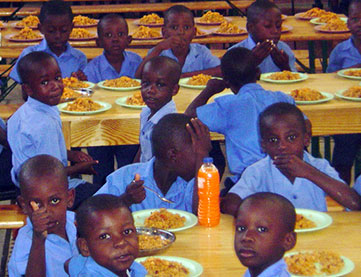
In the distressed Port-au-Prince slums of La Saline and Cité Soleil, where most parents do not have the means to properly care for their children, Salesian missionaries operate a network of 192 primary schools known as OPEPB or the Little Schools of Fr. Bohnen, after its founder.
Since 1954, the Little Schools have provided an education and nutritious meals to children in poverty. Father Bohnen, a Dutch native, was assigned as head of the St. John Bosco elementary school in La Saline, where he encouraged local schoolteachers to form “little schools” for the children. His goal was to teach the children how to read, a first step in educating them. He also invited the children attending these “little schools” to come to the St. John Bosco cafeteria where they would receive a hot lunch. He further supported the schools by providing training and salary incentives for the teachers and a curriculum for all the schools.
After the 2010 earthquake reduced most of these schools to rubble, today, all 192 schools are back in operation and have resumed activities, educating more than 17,000 students. Many of the schools’ physical structures still need to be rebuilt.
For Salesian missionaries in the country, schools in Haiti fulfill an important socio-economic mission by providing a foundation of lifelong learning for poor youth and teaching them valuable skills and trades to help them escape poverty and establish a sustainable livelihood.
In 2018, a new Salesian elementary school was built in Les Cayes to accommodate more students. The new elementary school, built through the Rinaldi Foundation, welcomed its initial first grade class in September 2018. The school has nine classrooms, student and teacher bathrooms, two computer rooms and administrative offices. Each year 360 children from the area will have the opportunity to access elementary education, which lays the foundation for later study.
Salesian missionaries in Port-au-Prince have also launched a new initiative to train teachers of technical and vocational institutes. Called the ENTEC Technical School, it aims to improve the quality of education and employment prospects of young Haitians by ensuring that their teachers have the most up-to-date training available.
Salesian-run technical and vocational training centers focus on providing youth with the educational opportunities and social support they need to succeed. In Fort-Liberté, the Don Bosco Technical School accommodates 2,000 youth, preparing them for jobs through traditional and professional training courses in the areas identified as most in need — including hydraulics, masonry, cabinet making, tailoring and administrative work. In Les Cayes, the Salesian-run Diocesan Center of Arts and Trades (CDAM) opened its doors to the poor youth of Haiti in 1983. CDAM provides technical/vocational training for the youth as well as educational and sports programs.
An estimated 340 young people are currently training in agricultural schools and vocational training centers in Cap-Haïtien. Agricultural education provides students with a basic education as well as advanced studies in the latest agricultural practices and modern technologies while moving toward efficiency in farming by exploring and testing new techniques in agriculture, horticulture, floriculture and animal husbandry. The school provides both classroom education and hands-on agriculture and livestock training on a working farm on the school campus.
At another center, Salesian missionaries with the National School of Arts and Crafts (ENAM) have partnered with Les Cereales d’Haiti, S.A., a mid-sized organization in the grain industry in Port-au-Prince, to develop a 10-month training course for young bakers. This partnership brings the first vocational training school for bakers to Haiti and will allow participants to acquire skills needed for their future employment.
Twenty students, including nine young women, are the first to start the program and performed an exhibition promoting the value of baking at the opening ceremony. During the presentation of the course, it was also noted that the bread industry is a very important sector in the country, enabling intense economic activities at different levels of society and in various areas of the country, both urban and rural. At the end of the training cycle, the country will have professionally-trained bakers.
In addition, the Rinaldi Foundation, the Salesian planning and development office in Haiti, has been funded for the second year to aid young adults—aged 18 to 27—in gaining work experience and finding employment. The project has been made possible through the support of the Community Violence Reduction section of the United Nations Stabilization Mission in Haiti.
The project, which received funding for a second year in September 2018, is giving 90 more youth from Port-au-Prince the opportunity to participate in internships and 12 young adults from Cap-Haïtien the chance to launch a new transportation service. Working in conjunction with Lakou Don Bosco and Lakay Don Bosco, both in Port-au-Prince, 90 at-risk young adults were selected to benefit from the program in the first phase of funding. The initial phase of the project placed the youth in three-month internships at 43 different enterprises related to the participants’ previous studies.
At the end of the first phase of the program, 85.5 percent of the participants had an opportunity to earn a living. This included 16 youth who found work after the internship, 43 who are now engaged in small cooperative enterprises and 18 youth who are involved in production work at Lakay Don Bosco.
The Rinaldi Foundation is also collaborating with Via Don Bosco, a Belgian Salesian organization, to ensure that youth in Haiti are able to access the best vocational and technical training needed to gain skills for employment. Through this project, the Rinaldi Foundation is offering assistance to three Salesian vocational training centers including the Diocesan Center of Arts and Trades (CDAM), Don Bosco Tech, and the National Center for Arts and Crafts.
The collaboration is also focused on the Salesian employment office in order to ensure that it is providing youth what they need to successfully enter into the workforce. Student learning is being improved by offering teacher training and adapting content, infrastructure and educational materials to the needs of today’s workforce.
Salesian missionaries live in the communities in which they work across Haiti, so they are perfectly positioned to respond in times of crisis, much like they did when the devastating earthquake struck Haiti on Jan. 12, 2010 and again in the aftermath of Hurricane Matthew in 2016.
In the initial aftermath of the devastating 2010 earthquake, Salesian missionaries were instrumental in emergency response and relief efforts. An integral part of the infrastructure in Haiti prior to the earthquake, they were among the first responders — providing shelter and medical aid; means to securely transport, store and distribute relief supplies and clean drinking water; and, perhaps most importantly, an understanding of how to get things done in Haiti. Salesian missionaries have continued their relief and reconstruction efforts long after other relief efforts have subsided to help rebuild Haiti and provide support to its people.
Once the immediate danger from the Hurricane Matthew passed, Salesian missionaries launched direct relief efforts. And, because of the leadership role these missionaries assumed in the wake of the 2010 earthquake, they are well positioned to make an immediate impact. With schools and programs throughout Haiti and the Dominican Republic, the response was efficient and comprehensive. Salesian missionaries provided relief kits. Each kit contains rice, beans, salmon, sugar, olive oil, milk and soap to sustain five people for four days per kit. In addition to the food provided, clean water and soap was essential help contain a cholera outbreak.
Street children in Port-au-Prince are cared for in the rebuilt Lakay House for Street Children. The Lakay program for street children feeds more than 600 youth every day in Cité Soleil, the poorest slum in Port-au-Prince. This indispensable Salesian-run center provides shelter, education and food to hundreds of street children with nowhere else to turn. The facility was completely destroyed by the earthquake, leaving the children without shelter. Today, Lakay is back in operation and home to nearly 150 former street children in addition to the hundreds of other youth it serves by providing educational opportunities and hope for better futures.
Salesian sports programs in Haiti focus on youth between 5 and 18 years of age. Students are able to take part in programs that offer recreational activities such as treasure hunts, play educational games and sports, and take part in sports-focused workshops that teach the skills needed to play soccer and volleyball. Sports programs teach valuable skills to youth both on and off the field. They offer unlimited opportunities for growth by simultaneously developing leadership, teamwork and social skills.
The reconstructed Salesian Youth Center in Fort-Liberté offers a broad range of formal and informal educational programs for local youth. It houses an elementary school, technical school, vocational training center, teacher-training program and one of the country’s only nursing schools. The reconstruction after the 2010 earthquake offered an opportunity to enhance the center’s programs and services beyond their original scope. In addition to simply rebuilding the schools, youth facilities, dorms and missionary housing were added. A new water purification plant now provides clean, fresh water at affordable prices to residents of surrounding communities.
In Haiti, efforts are always focused on preventing an outbreak of disease—especially helping to stop and prevent cholera. Women and children in Salesian communities in Haiti have access to better hygiene thanks to a soap donation secured by Salesian Missions. The shipment of soap was from Eco-Soap Bank, a humanitarian nonprofit organization working to save, sanitize and supply recycled soap with hygiene education for the developing world. The Rinaldi Foundation, the Salesian Planning and Development Office in Haiti, received the soap and distributed it. The first distribution was held on Mother’s Day to honor the mothers in the community. The soap will be utilized for hand-washing, bathing, washing clothes and dishes, and other uses.
After the initial donation, soap was provided to children and older youth who are attending Salesian programs and schools including Fondation Vincent, Don Bosco Lakay OPEPB (the Little Schools of Fr. Bohnen), and the Salesian Diocesan Center of Arts and Trades (CDAM).
In addition, Salesian missionaries operate the School of Nursing at Fort-Liberté—one of the only schools of its kind in the country—to help prepare nurses to provide critical medical care in the country.
In addition to providing clean, safe water during times of disaster like Hurricane Matthew and the 2010 earthquake, Salesian missionaries provide ongoing access to safe water at their local programs. In Les Cayes, the Salesian community has a mini-center that provides purified water to the students and teachers for free. The program also sells the water to the local community to raise funds for the school. During reconstruction of the Salesian Youth Center in Fort-Liberté, Salesian missionaries created a new water purification plant that provides clean, fresh water at affordable prices to residents of surrounding communities. Without it, the local drinking water wouldn’t be suitable for drinking.
In 2015, the reconstruction of a Salesian Youth Center in Fort Liberté, Haiti was completed after the January 12, 2010 earthquake reduced it to rubble. The reconstruction project, made possible by many generous donors, was part of a promise by Salesian Missions to aid in the reconstruction of the country as well as provide relief to Haitians following the earthquake. First opened in 2002, the youth center in Fort Liberté offers a broad range of formal and informal educational programs for local youth. It housed an elementary school, technical school, vocational training center, teacher-training program and one of the country’s only nursing schools.
The reconstruction after the earthquake offered an opportunity to enhance the center’s programs and services beyond their original scope. In addition to simply rebuilding the schools, youth facilities, dorms and missionary housing, a new water purification plant now provides clean, fresh water at affordable prices to residents of surrounding communities. Additionally, the rebuilding of a Salesian Provincial House on the property now includes several large rooms that may be used for and rented out as conference space, providing much-needed income for Salesian programs. All of the newly constructed buildings meet the standards for being earthquake-proof which ensures that funding for the projects has been utilized in a responsible, sustainable way.
In addition, the Salesian-run Rinaldi Foundation of Haiti is engaging in long-term reconstruction efforts after Hurricane Matthew. The Foundation prepared the distribution of building materials for those affected so that they could repair their homes or rebuild them. Missionaries also started distributing seeds and agricultural tools to those who lost their crops and with them their livelihood. About 500 farmers are benefiting from this project, which also allows the resumption of economic activities in selected areas.
With an eye on long-term sustainability and ensuring reconstruction efforts in local communities, the Rinaldi Foundation also planned an education project that provides intensive training for 300 youth in the construction industry including courses in metallurgy, carpentry and welding. Students who might not otherwise be able to continue their studies have access to scholarships.
In 2019, the Salesian Diocesan Center of Arts and Trades in Les Cayes was able to restore its back-up electricity system for the school thanks to Salesian Missions donors. The vocational school lost its back-up electrical system during Hurricane Matthew, a Category 4 hurricane that pummeled Haiti on Oct. 4, 2016. The back-up electrical system is essential to the operation of the school due to Haiti’s unreliable electricity supply and frequent blackouts. With the electrical system restored, the school is sure to have the power needed for the computer lab and classrooms when the city electricity is down.
From Haiti

From Haiti

Teacher says nourishment is key to learning, development. NEW ROCHELLE, NY (Feb. 3, 2026) Nearly 200 youth attending programs at Lakay Don Bosco Cap-Haïtien in Haiti received nutritious food through a partnership between Salesian
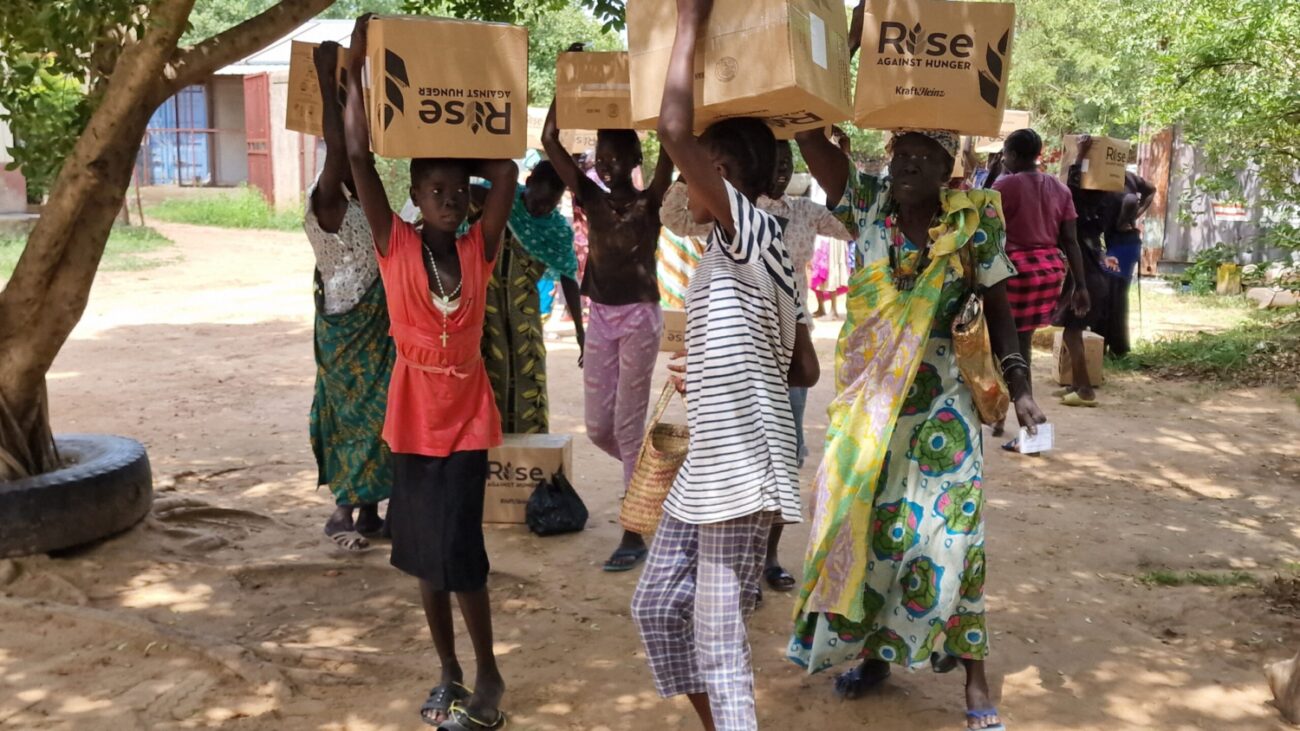
$1 donation provides $20 of critical nutrition. NEW ROCHELLE, NY (Nov. 3, 2025) Salesian Missions, the U.S. development arm of the Salesians of Don Bosco, has launched its Annual Food Distribution Appeal, enabling donors to multip
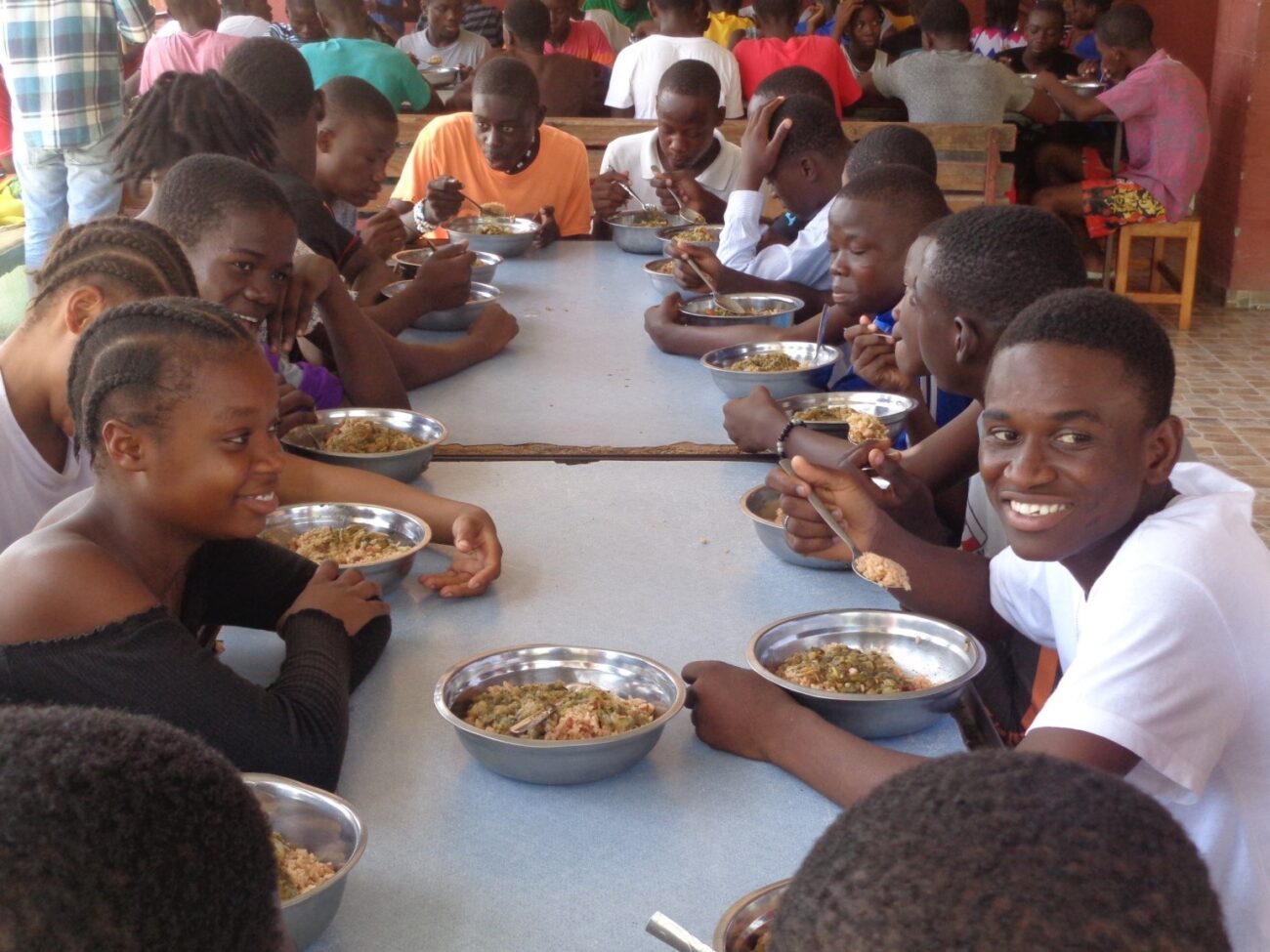
Feeding programs essential part of many Salesian schools, centers. NEW ROCHELLE, NY (Oct. 16, 2025) Salesian Missions, the U.S. development arm of the Salesians of Don Bosco, joins the international community and organizations aro

Projects improve lives in DR Congo, Guinea, Haiti and Ukraine. NEW ROCHELLE, NY (Aug. 19, 2025) Salesian Missions, the U.S. development arm of the Salesians of Don Bosco, joins humanitarian organizations and countries around the g
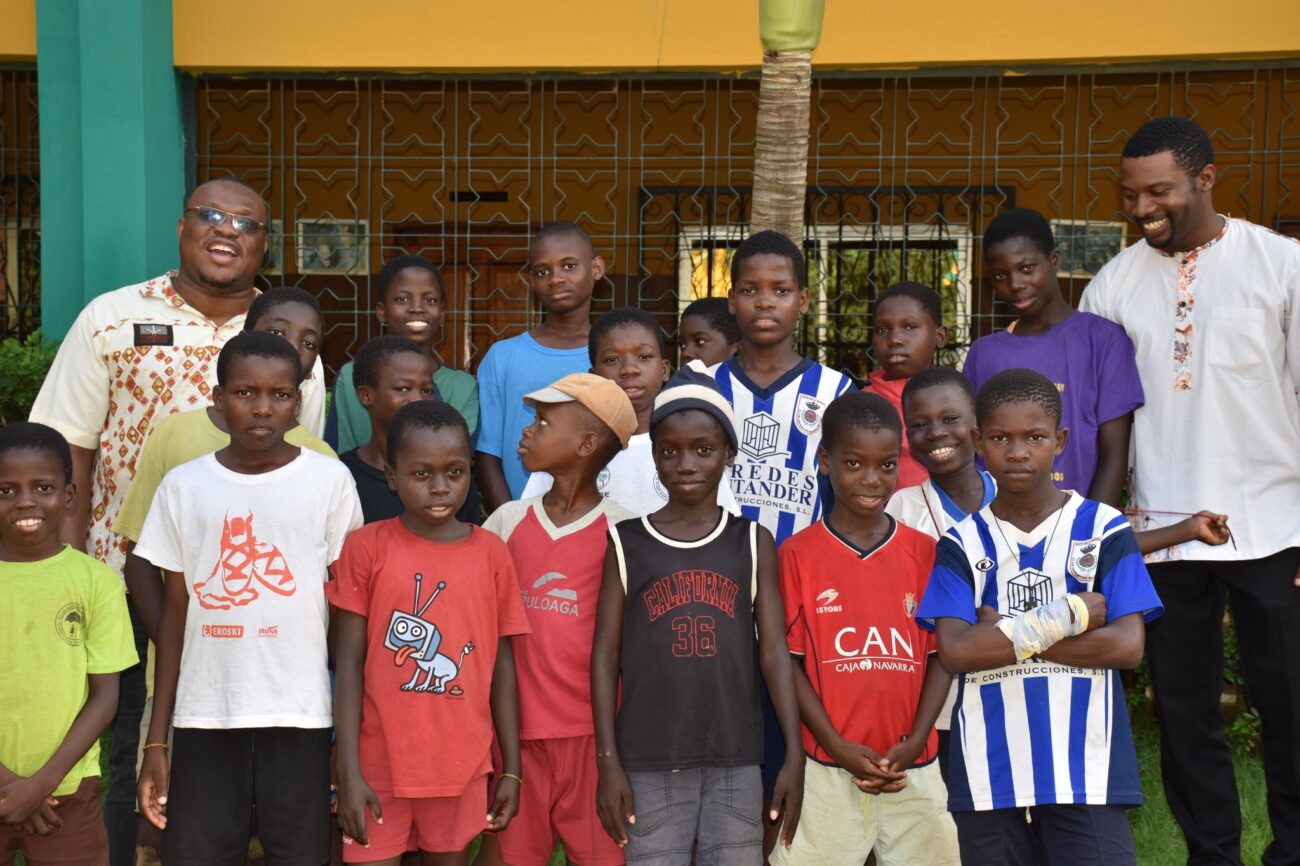
Salesian missionaries work in more than 130 countries around the globe. NEW ROCHELLE, NY (Aug. 12, 2025) Salesian Missions, the U.S. development arm of the Salesians of Don Bosco, joins humanitarian organizations and countries aro
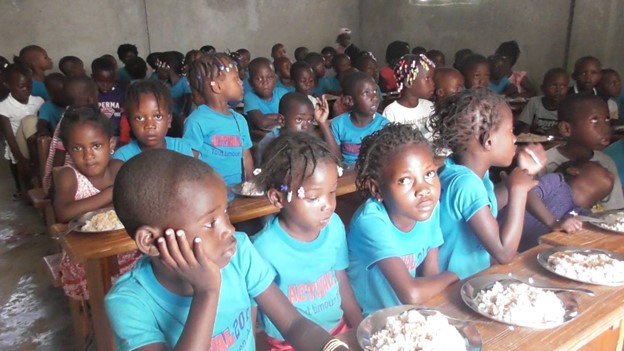
Salesian missionaries around the globe work to ensure youth are safe, have basic needs met. NEW ROCHELLE, N.Y. (June 4, 2025) Salesian Missons, the U.S. development arm of the Salesians of Don Bosco, joins humanitarian organizatio
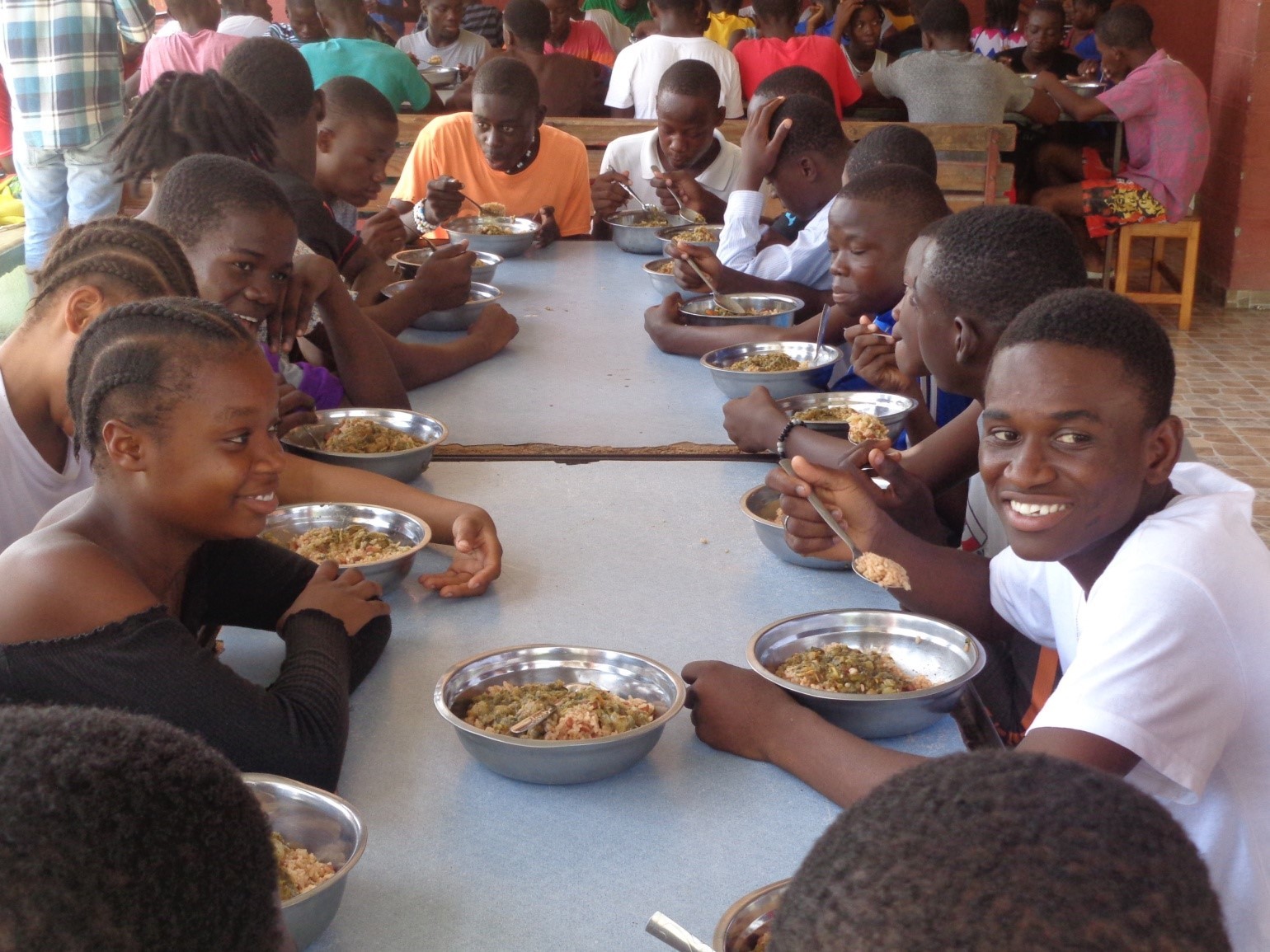
Shipments delivered to 3 Salesian centers. NEW ROCHELLE, NY (May 19, 2025) More than 2,300 youth in Haiti received nutritious food through a partnership between Salesian Missions, the U.S. development arm of the Salesians of Don B
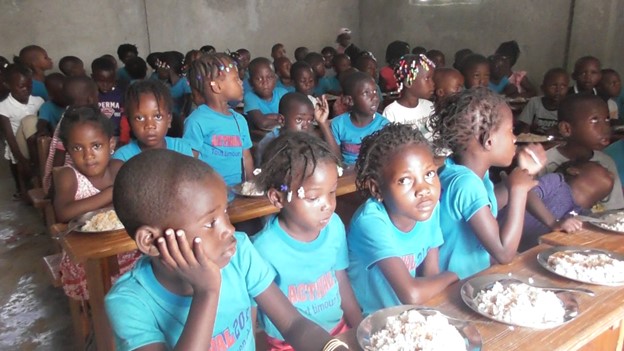
Fundraising appeal runs through the end of June 2025. NEW ROCHELLE, N.Y. (May 8, 2025) Salesian Missions, the U.S. development arm of the Salesians of Don Bosco, has launched its annual “Loaves and Fishes” fundraiser to raise

Salesian schools range from primary to vocational, professional. NEW ROCHELLE, NY (Jan. 24, 2025) Salesian Missions, the U.S. development arm of the Salesians of Don Bosco, joins humanitarian organizations and countries around the
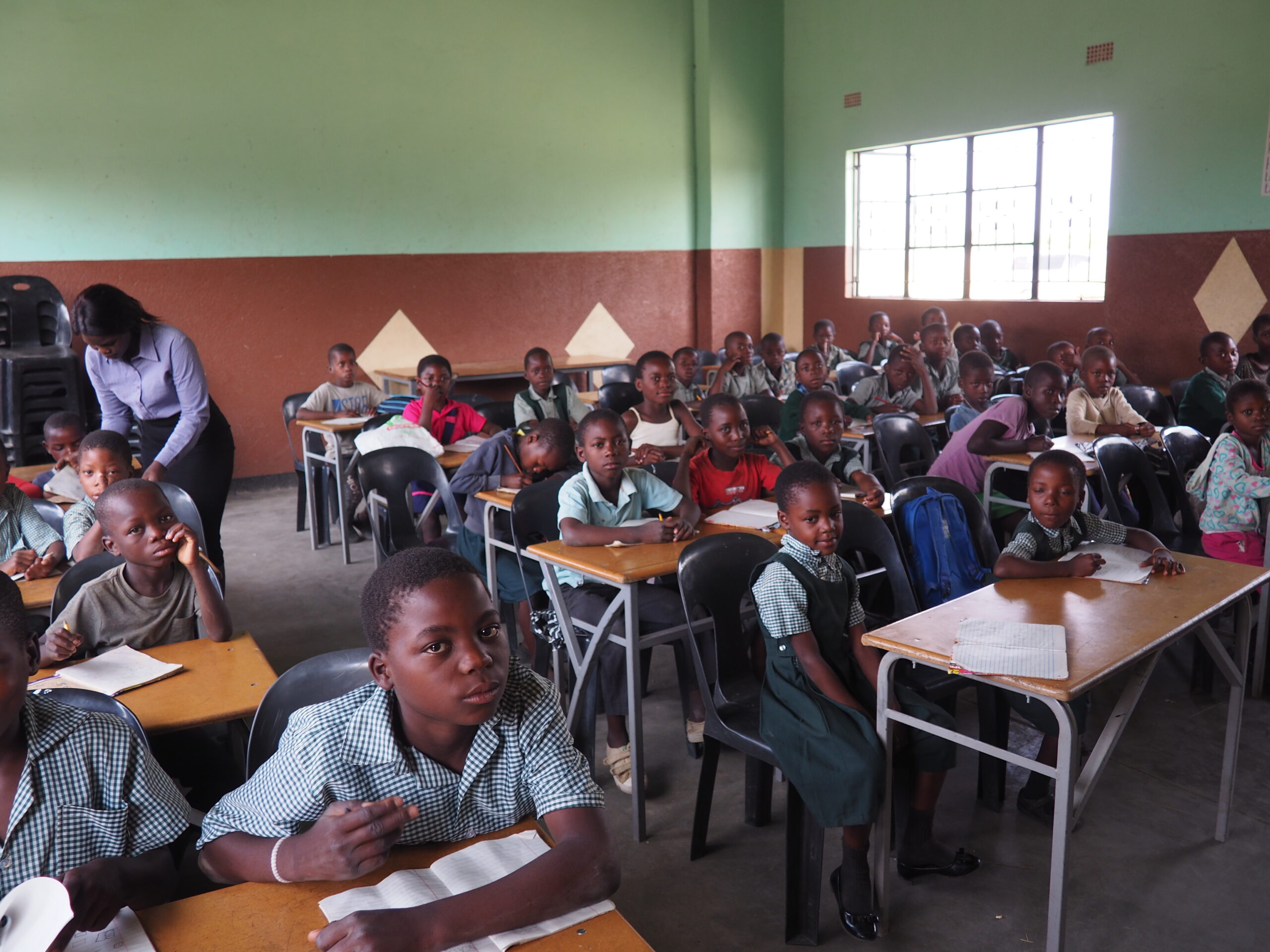
Students in Salesian schools thriving as a result of feeding programs. NEW ROCHELLE, NY (Nov. 1, 2024) Top of Form Salesian Missions, the U.S. development arm of the Salesians of Don Bosco, has launched its Annual Food Distributio
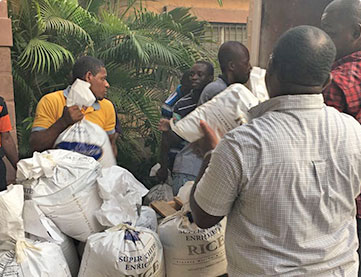
Salesian Missions includes agriculture in its vocational training programs – to ensure that youth of Rwanda learn better agricultural practices as well as keep the school self-sustaining in the face of the country’s food shortages.
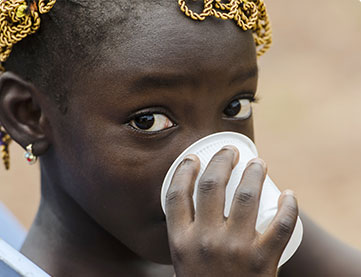
Salesian Missions includes agriculture in its vocational training programs – to ensure that youth of Rwanda learn better agricultural practices as well as keep the school self-sustaining in the face of the country’s food shortages.
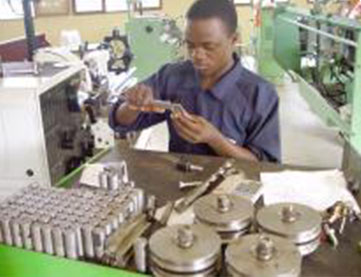
Salesian Missions includes agriculture in its vocational training programs – to ensure that youth of Rwanda learn better agricultural practices as well as keep the school self-sustaining in the face of the country’s food shortages.